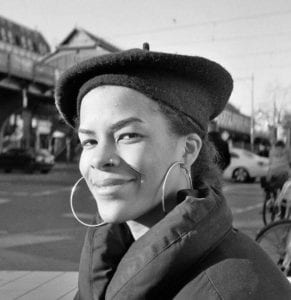
Alice Finney is the design reporter at Dezeen. A graduate of the Central School of Ballet and Sussex University, she specialises in writing about dance, design and popular culture. She has written for titles including SLEEK Magazine, INDIE Magazine, Mixmag, gal-dem, HuffPost UK, and Dezeen.